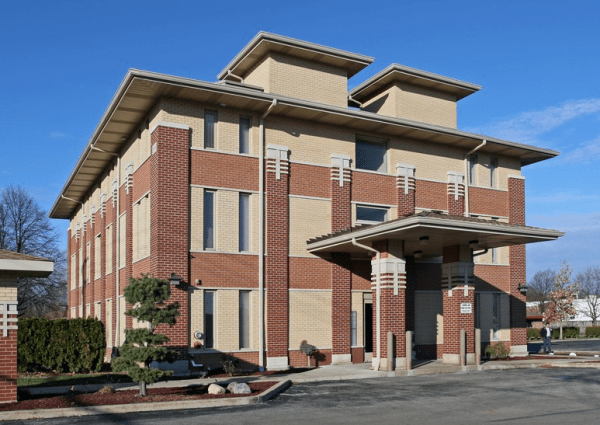Many medical professionals choose to lease rather than buy medical office space. Doing so allows the professional to ensure the spot is right for them and gives them access to medical office space without the hassle of a purchase. However, due to the type of office use, medical companies and corporations must know a few things prior to choosing office space to lease for medical purposes.
Find Out About Allowable Usage of the Leased Premises
Landlords may only allow certain activities to go on within the premises. Although your future landlord knows that you want to use it for a medical office, you must inquire about the finer details prior to leasing the office space. As you are a medical entity, you will be disposing of hazardous waste and perhaps using various x-ray machines to properly evaluate patients. You should provide this information to the prospective landlord and review the tentative lease thoroughly to ensure that all things related to your medical practice are ones which will be allowable under the lease agreement.
Issues Related to Hours of Operation
If you are going to operate a 24/7 urgent care facility, you want to ask the landlord if any special provisions will apply to you in this case. For example, utility issues may come into play for those tenants who need 24/7 access, especially if the landlord pays the utility bill. Always ask the landlord about this if you fall into this category and double-check the lease to see whether it speaks of this issue or not.
See What the Prospective Office Was Previously Used For
Since it is often timely and expensive to convert a once non-medical office building into a medical office, you want to inquire as to the previous use of all offices you are considering to lease. You will find that by leasing an office which was previously used in the medical profession as well will make the transition much easier on you and your staff. There will already be the necessary exam rooms, waiting areas, bathrooms and other necessities of the medical field. If you can lease an office space which was once a medical office, you are ten steps ahead in the game already.
Landlord’s Right to Inspect
A landlord has certain rights with regard to the premises, even when the tenant is in there. One is the right to inspect. This can present some issues for medical offices as there are patients coming and going and they have a right to privacy. Therefore, always ask the landlord when they can enter the premises and make sure they can do so without stepping on the privacy rights of others.
When you lease medical office space, there are often more issues involved than with a regular office space lease used for general office duties. Know that by asking questions related to hazardous waste containment/disposal, hours of operation issues and the landlord’s right to inspect along with making sure the office suits your medical office space needs, you will be sure to pick the right location for your medical office.

